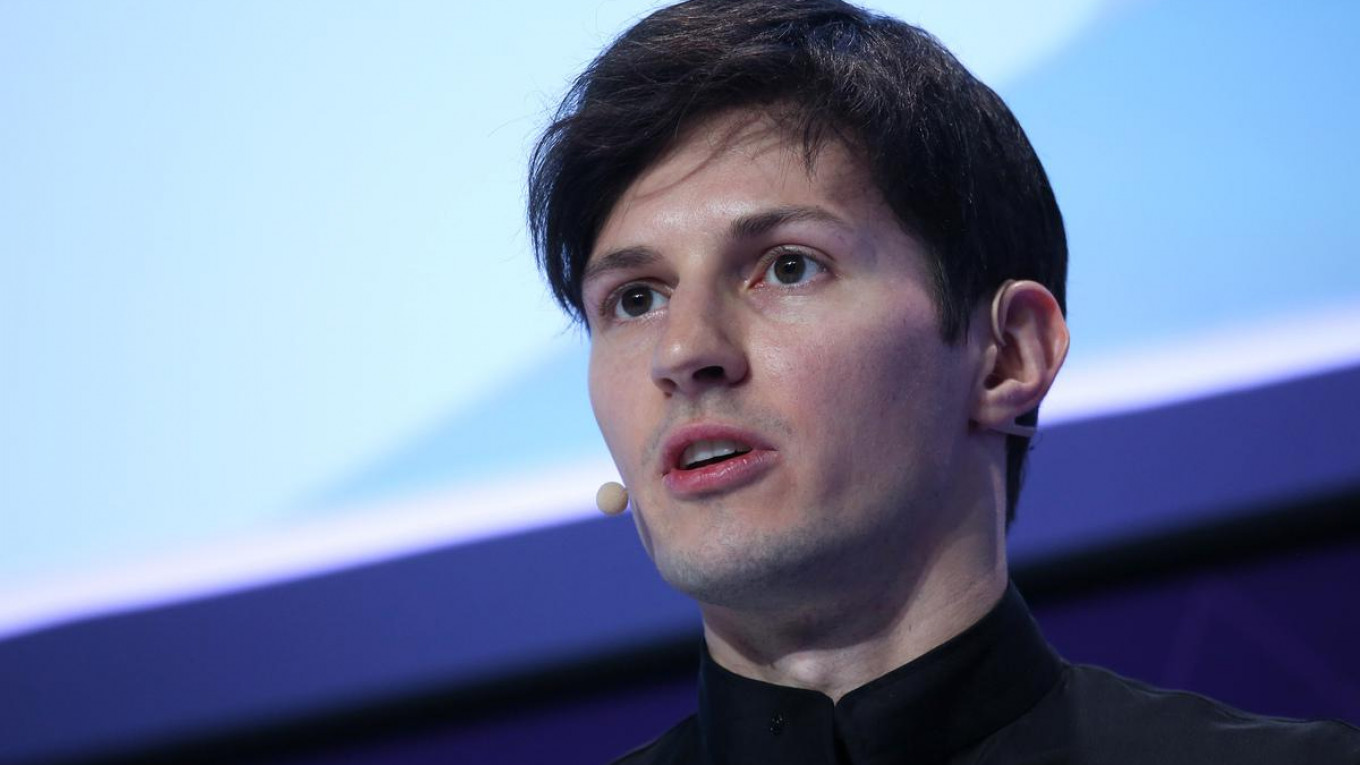Telegram’s Durov Warns of Rising Threat to Privacy as Europe Eyes Encryption Backdoors
22.04.2025 20:00 2 min. read Alexander Stefanov
A recent push by French lawmakers to weaken encryption in messaging apps has drawn sharp criticism from Telegram’s founder, Pavel Durov, who warns that such efforts are a direct assault on personal privacy in the digital age.
Durov revealed that a proposal nearly made its way through France’s legislative system that would have required apps to implement access points for law enforcement — essentially giving authorities the ability to read private communications. While the bill was ultimately blocked, he voiced concern over the implications had it succeeded, noting that it would have placed France ahead of even the most authoritarian regimes in dismantling encryption rights.
Rather than enhancing safety, Durov argues, this type of legislation puts everyone at greater risk. Once a backdoor exists, he says, it’s not just governments that can use it — malicious actors, cybercriminals, and even foreign intelligence services could potentially exploit those vulnerabilities.
He dismissed the idea that such measures would deter criminal behavior, pointing out that anyone intent on hiding their tracks would simply switch to more obscure, encrypted platforms or conceal their digital footprint through VPNs and other tools, making them even more difficult to trace.
Telegram, Durov emphasized, will never compromise its security architecture. The platform is committed to end-to-end encryption and has never released users’ private messages, even under pressure. In rare cases, it provides basic information like IP addresses or phone numbers — but only after receiving a legitimate court order and in line with European regulations.
The platform, which has operated for over a decade, sees encryption not as a loophole for illicit activity but as a core protection for civil liberties. Durov stressed that if forced to choose, Telegram would rather leave a market entirely than bow to demands that threaten those values.
With similar proposals now surfacing within the European Commission, Durov urged the public and policymakers to remain vigilant. Freedom, he noted, is rarely taken in one sweep — it erodes gradually, law by law, unless it is actively defended.
-
1
UK Regulators Unveil PISCES – A New Era for Private Share Trading
11.06.2025 15:00 2 min. read -
2
Trump Turns 79 With Billions in Crypto and a $45M Parade
14.06.2025 22:00 2 min. read -
3
Polygon Breaks from Decentralization as Sandeep Nailwal Assumes Full Control
11.06.2025 20:00 2 min. read -
4
Nvidia CEO Urges UK to Invest in AI Infrastructure or Risk Falling Behind
10.06.2025 9:00 1 min. read -
5
KuCoin Plants Its Flag in Bangkok With a Licensed Thai Exchange
14.06.2025 13:00 1 min. read
History Shows War Panic Selling Hurts Crypto Traders
Geopolitical conflict rattles markets, but history shows panic selling crypto in response is usually the wrong move.
At Least Five Law Firms Target Former Strategy Over Misleading BTC Risk Disclosures
Bitcoin-focused investment firm Strategy Inc. (formerly MicroStrategy) is facing mounting legal pressure as at least five law firms have filed class-action lawsuits over the company’s $6 billion in unrealized Bitcoin losses.
SoFi Returns to Crypto with Trading, Staking, and Blockchain Transfers
Digital banking platform SoFi Technologies is making a strong return to the cryptocurrency space, relaunching its crypto trading and blockchain services after stepping away from the sector in late 2023.
Chinese Tech Firms Turn to Crypto for Treasury Diversification
Digital assets are gaining ground in corporate finance strategies, as more publicly traded companies embrace cryptocurrencies for treasury diversification.
-
1
UK Regulators Unveil PISCES – A New Era for Private Share Trading
11.06.2025 15:00 2 min. read -
2
Trump Turns 79 With Billions in Crypto and a $45M Parade
14.06.2025 22:00 2 min. read -
3
Polygon Breaks from Decentralization as Sandeep Nailwal Assumes Full Control
11.06.2025 20:00 2 min. read -
4
Nvidia CEO Urges UK to Invest in AI Infrastructure or Risk Falling Behind
10.06.2025 9:00 1 min. read -
5
KuCoin Plants Its Flag in Bangkok With a Licensed Thai Exchange
14.06.2025 13:00 1 min. read


